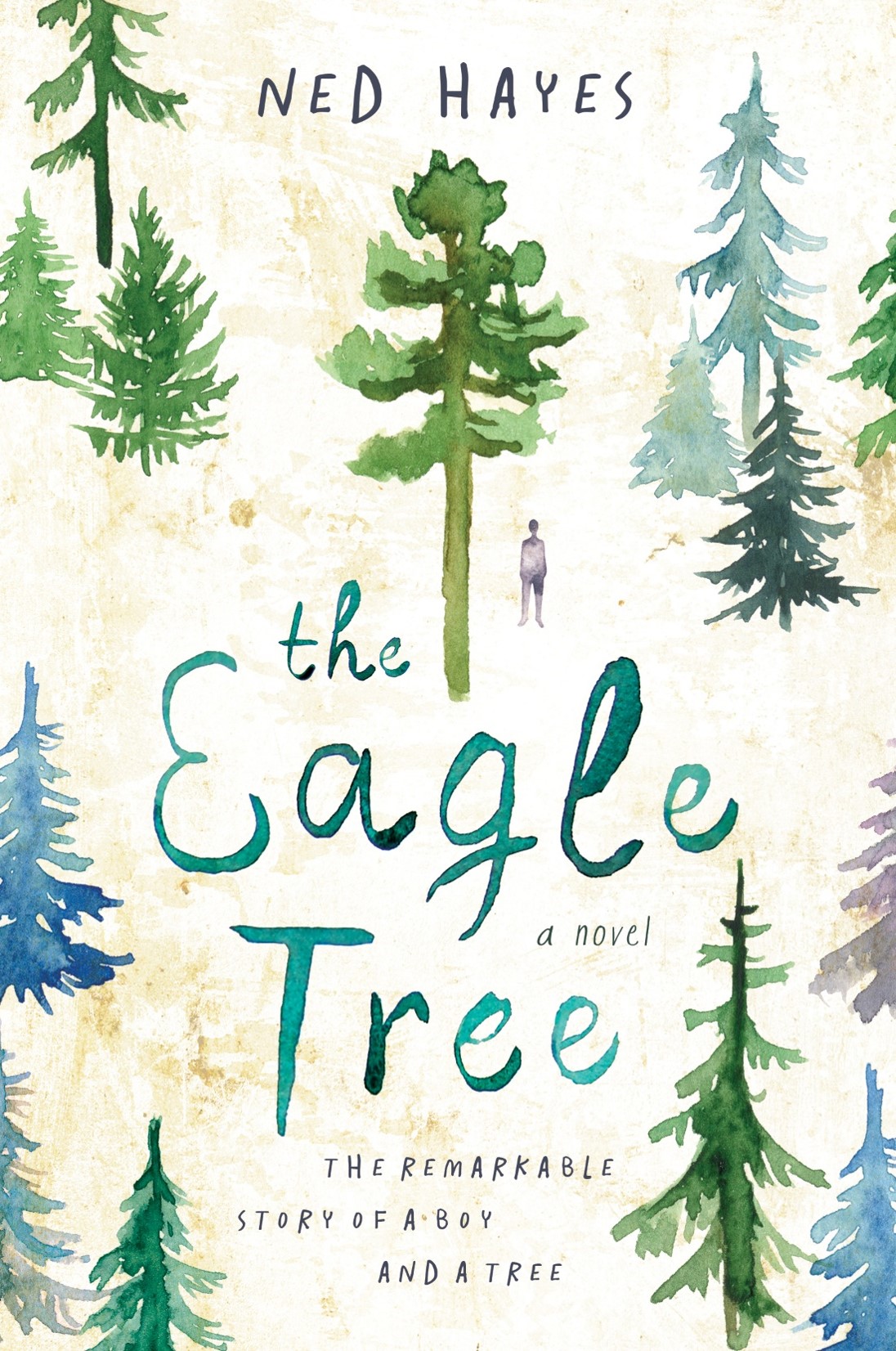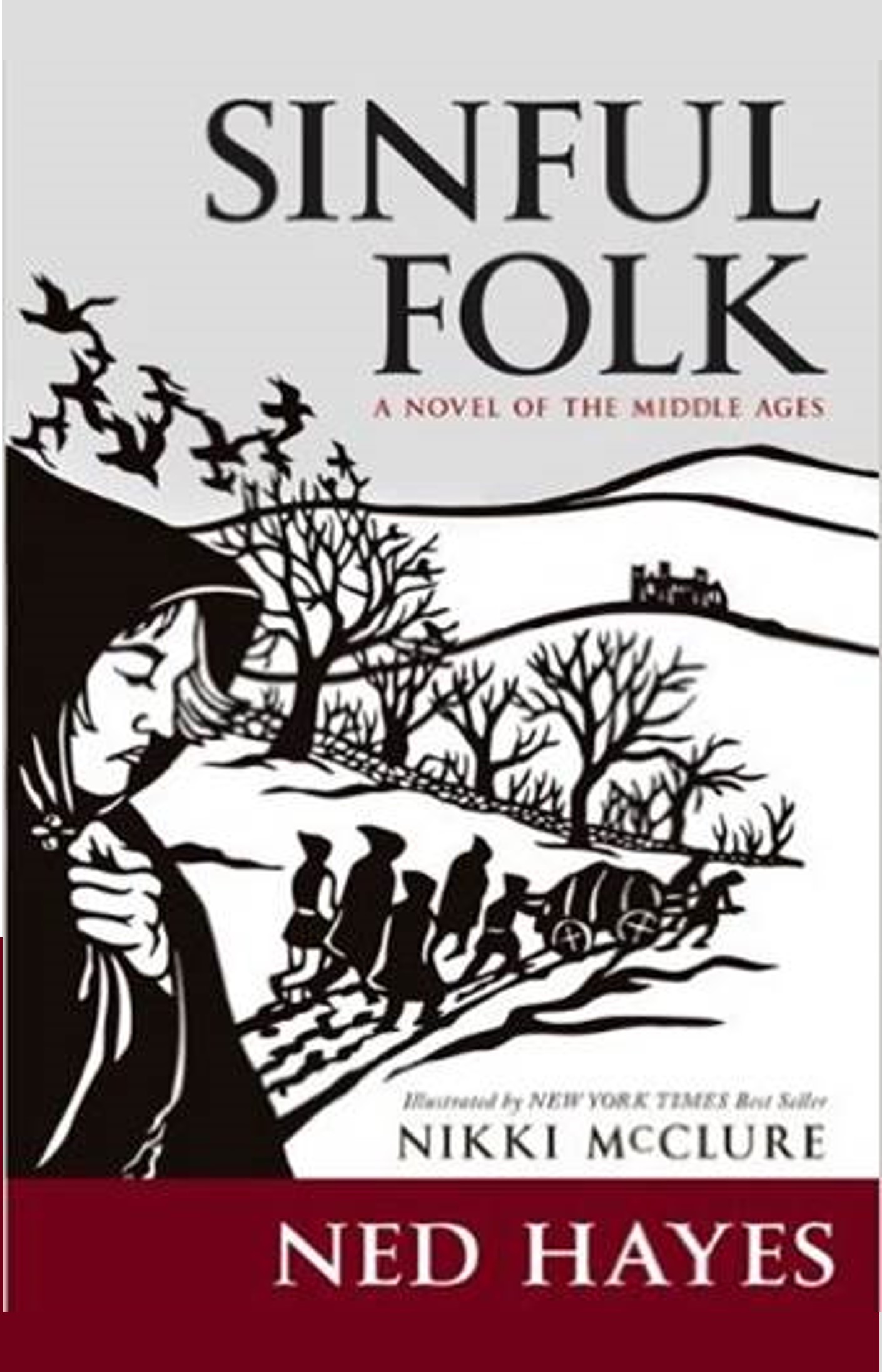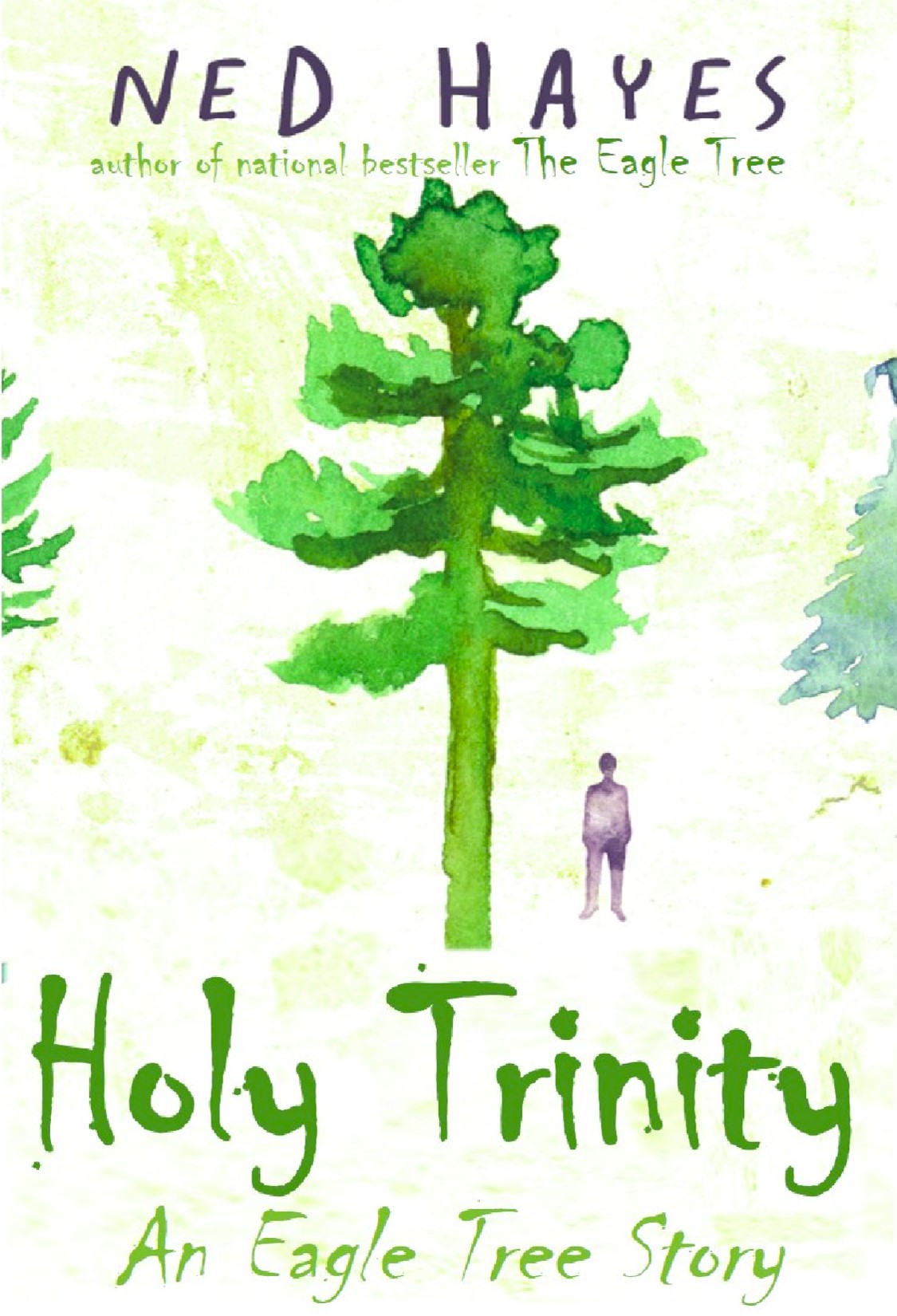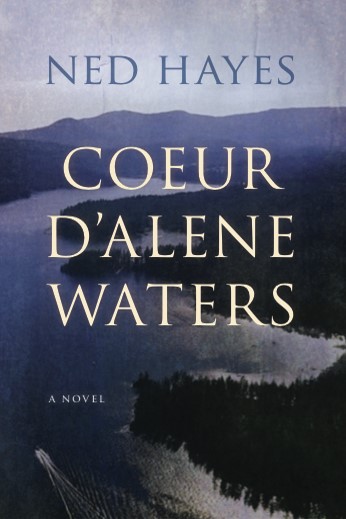 Last Saturday, I battled a demon, and emerged triumphant.
Last Saturday, I battled a demon, and emerged triumphant.
Okay, maybe not “triumphant.” But I wasable to walk away under my own power.
Last Saturday, the Sumner Arts Commission, in partnership with the Sumner Public Library, hosted a panel of authors on the topic, “Getting it Right,” i.e., the importance of accuracy in historical research.
With me on the panel were three respected authors: Rebecca Morris, co-author of If I Can’t Have You, about the true story of the Susan Powell disappearance; Ned Hayes, who wrote Sinful Folk, a novel set in the 14th century; and Candace Robb (writing also as Emma Campion) author of the Owen Archer mysteries and whose latest novel, A Triple Knot, focuses on Joan of Kent, cousin to King Edward III.
Yes. Three bestselling authors.
And me.
In front of a crowd of people.
Speaking.
It was a very well-organized event, and I send sincere thanks to the Sumner Arts Commission whose “Write in the Valley” series is now in its sixth year. They had everything confidently in hand, from the venue to book sales, even to little swag-bags for the authors. The moderator (Ben Haines, Senior Librarian at the Sumner branch) was excellent, making us all feel comfortable while keeping the conversation moving and on topic.
As a 100% introvert, this sort of event is difficult for me. I must work to override my reticence, the natural close-mouthedness that comes over me when I meet new people. It’s also exhausting, and afterward I need a day or two to recharge. Normally, I decline such invitations, but this one was different. It wasn’t an invitation to a party where I would only know the hosts, and it wasn’t a generic invitation from a convention that was merely trying to pad out its participant list. No, this was a specific invitation from a group who was seeking local authors to discuss an aspect of writing with which I have a fair bit of experience: researching historical fact for your writing. It was tailor-made. Moreover, I knew that it was the sort of thing I had to do, to give my books more exposure.
Still, I was intimidated by my colleagues. Ned is a scholar of Chaucer and the 14th century. Candace is an expert in medieval history. Rebecca is a journalist with four decades of experience.
I’m just a musician who put down his bow and picked up a pen.
But, unlike my experience at science fiction conventions where other, more experienced authors often treated me with rude disregard, this group was warm, friendly, and collegial. We didn’t compare and measure; we found immediate common ground, staked it out, set up camp, and began swapping stories.
The event, by all reports, was a success. Many questions were fielded, both from the moderator and from the audience, and our topics ranged far from the one that brought us together, to marketing and editing and characterization and style. We all learned from each other, and our conversation was easy and informative. Book sales were brisk (for the others, not for me), and the four of us are considering taking the show on the road, visiting writers groups and arts commissions around the Sound, as it’s a topic that isn’t often discussed and a panel that draws from several genres.
That evening, as I reviewed the events of the day, I had a distinct moment of dissociation. I recalled my actions as if someone else had done them, remembered words I had spoken as if they had come from a stranger’s mouth. The person on that stage was me, but it was the “on stage” me, not the me me. It’s not that I was putting on a facade; no, it was more like I had pushed my personality forward to do the job that needed to be done, but kept my true self in reserve, at a safe distance.
The experience did re-energize me, though, and after a long series of cruel seasons, I’m coming back to that place where I think of myself as a writer, present tense, instead of a writer, past tense.
Onward.
k





